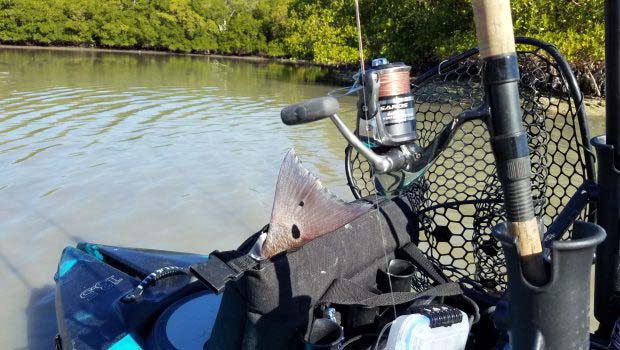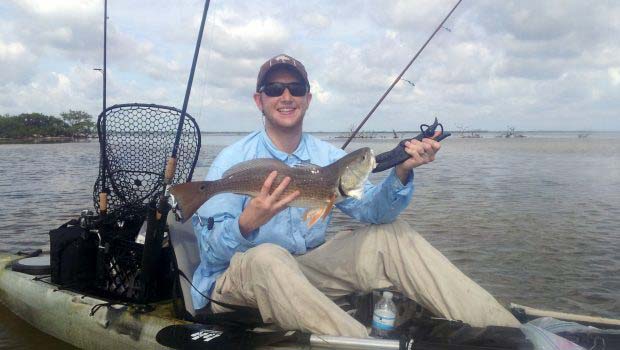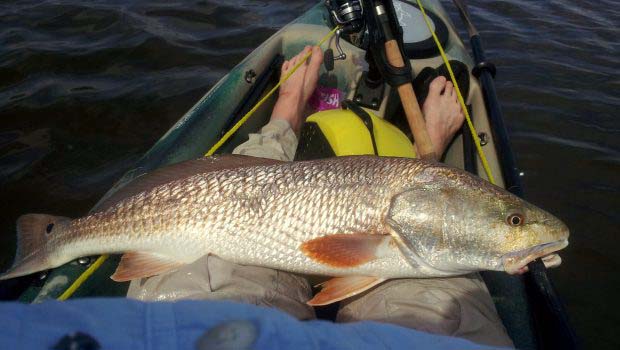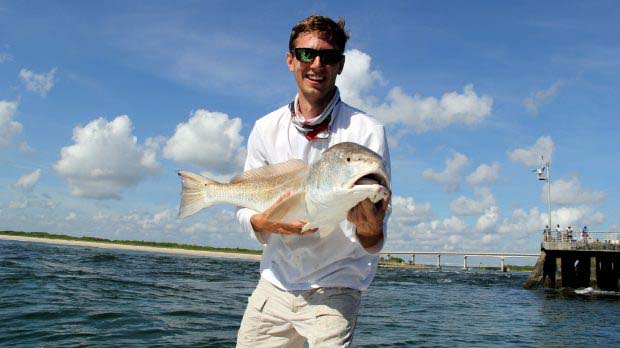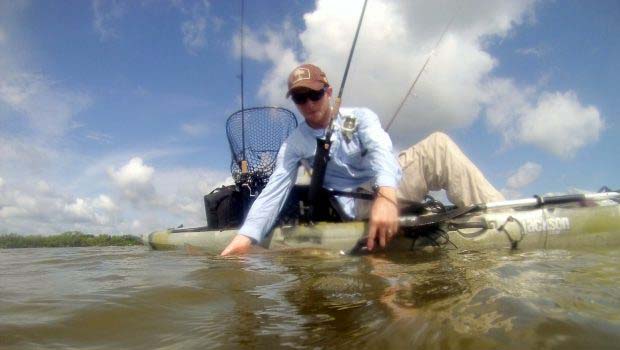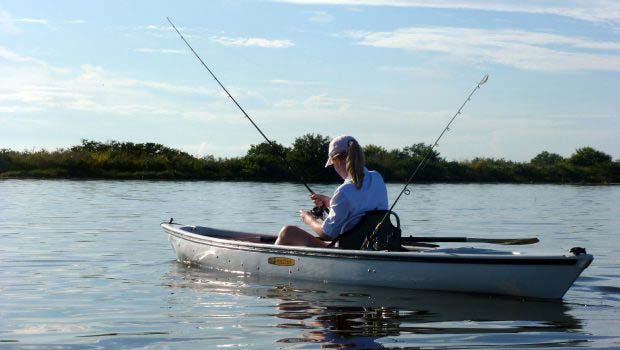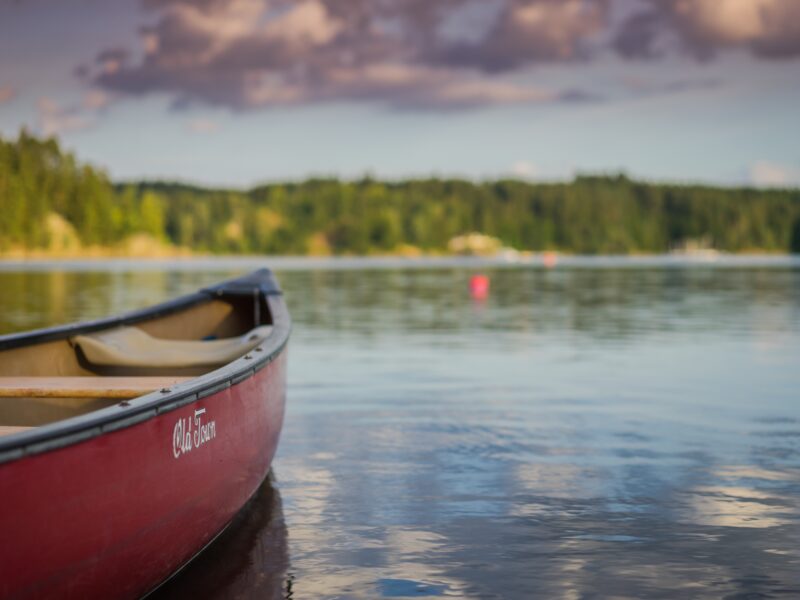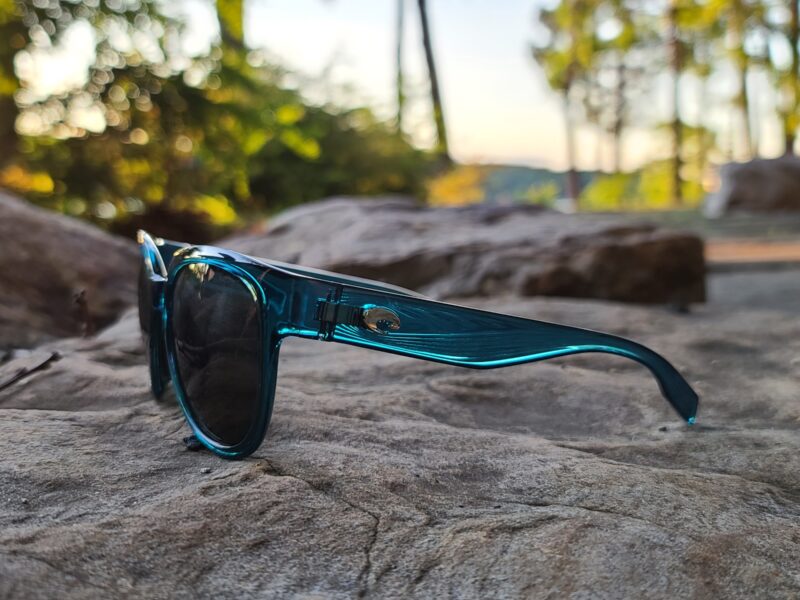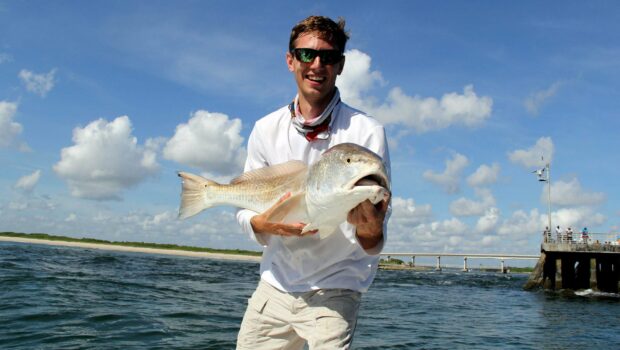
How to Catch Redfish
How do you catch redfish? First of all, you need to understand them. Redfish are fundamentally lazy fish that use their sense of smell to eat as much as they possibly can. Combine that with the fact that they are a strong fish that can make excellent runs when hooked and you have one of the top game fish targeted by anglers in the Southeast.
Gear for Redfish
Spinning gear is easy to use and works very well for inshore redfish. It has less of a chance of getting tangled, easy maintenance, and inshore-specific models. Check out the best inshore spinning rods and inshore spinning reels if you’re looking for some excellent gear recommendations.
Best Live Bait for Redfish
The best live bait for redfish depends on the day and the season. I understand this is an incredibly frustrating answer and not at all the concrete answer you were looking for coming to this site, but bear with me. Some typically preferred red drum baits are
- Cut mullet
- Blue crab
- Live shrimp (tips to keep shrimp alive)
- Fiddler crabs
- Ladyfish
I’ve had reds hit all of these baits hard. My suggestion is to talk with your local bait shop and see what the puppy drum have been biting at lately. This is the best advice I can give you because they will know the area and the people that fish it. Ultimately they want you to be successful and come back to buy more bait. Live shrimp is one of my favorite baits for redfish as long as they’re active and kicking, but depending on where you’re fishing you can end up with catfish, pinfish, or a lot of other junk fish on your line.
Best Lures for Redfish
Gulp scented baits work very well for red drum because they primarily feed using their sense of smell. I will always grab the mullet and gulp shrimp because they are a natural shape and have a smell that attracts redfish. Also, a spinnerbait with a gold blade, Gotcha Plug or a gold spoon can work quite well.
Some of us also tend to favor live bait over artificial especially for inshore fishing if you are looking for a calm day soaking baits.
When to Catch Redfish
Redfish are a predominantly southeastern fish and so this calendar applies to all of those areas. You can catch red drum year-round, however, there are certain months that you’ll have a much better chance at them.
Redfish Calendar
| X = Poor | XX = Good | XXX = Excellent || Fish | Jan | Feb | Mar | Apr | May | Jun | Jul | Aug | Sep | Oct | Nov | Dec |
|---|---|---|---|---|---|---|---|---|---|---|---|---|
| Red Drum | X | X | X | XX | XX | XXX | XXX | XXX | XXX | XXX | XXX | XX |
Where to Catch Redfish
Nearshore
If you’re looking for those big bull reds then fish the jetties and passes around late summer and early fall. You can hook up with a monster red in this area fishing the tides and the rocks, but be very careful. You’ll need a very capable boat and experience handling it in strong tides. I’ve seen way too many videos of people sinking a boat in the huge waves that form at the mouth of the jetties on a fast-moving tide – be careful.
Inshore
Mosquito Lagoon and Indian River – you can catch redfish here year-round. The fish in this area are unique and grow to massive sizes because they are somewhat trapped and enjoy mostly warm weather to support them all year in Florida waters.
Sight Fishing for Redfish
Redfish are unique in the way that they offer numerous opportunities for catching them by sight fishing. This is when you pole or paddle around and actually spot a fish or school feeding. You can do this with redfish in particular because they get into shallow water and dig down into the mud to get at crabs and other food in the ground. This action causes their tails to break the surface of the water and wiggle around, hence the term ‘tailing red’. It’s really pretty cool to be kayaking and suddenly see a whole school of 30 or more reds suddenly break the surface and start tailing all around you.
Lure or live bait doesn’t matter as much here, the presentation is the key. You have to be right on spot with your cast, otherwise you’ll spook the fish or you’ll be too far away to get a hook up. Try to land your cast 10-15 feet in front of where the fish is swimming, not on top of it.
Overall, just have fun and keep fishing!
Heath Anderson
Heath lives in North Carolina and has been an avid fisherman and all around outdoorsman for the past three decades. In addition to enjoying the outdoors, Heath has been active in the online fishing industry since 2010, teaching and sharing reviews of fishing products on BassGrab.com to help anglers catch more and look good while doing it.
All stories by: Heath Anderson


